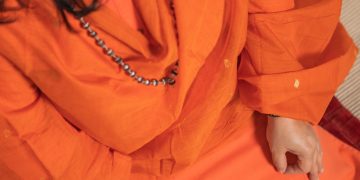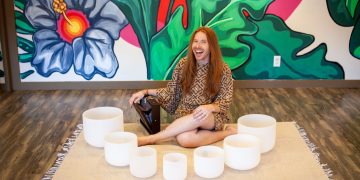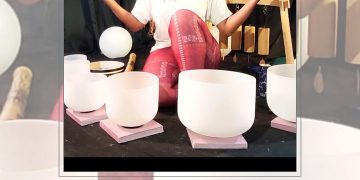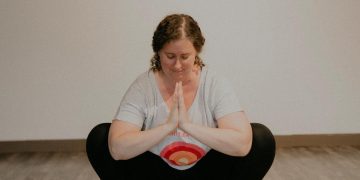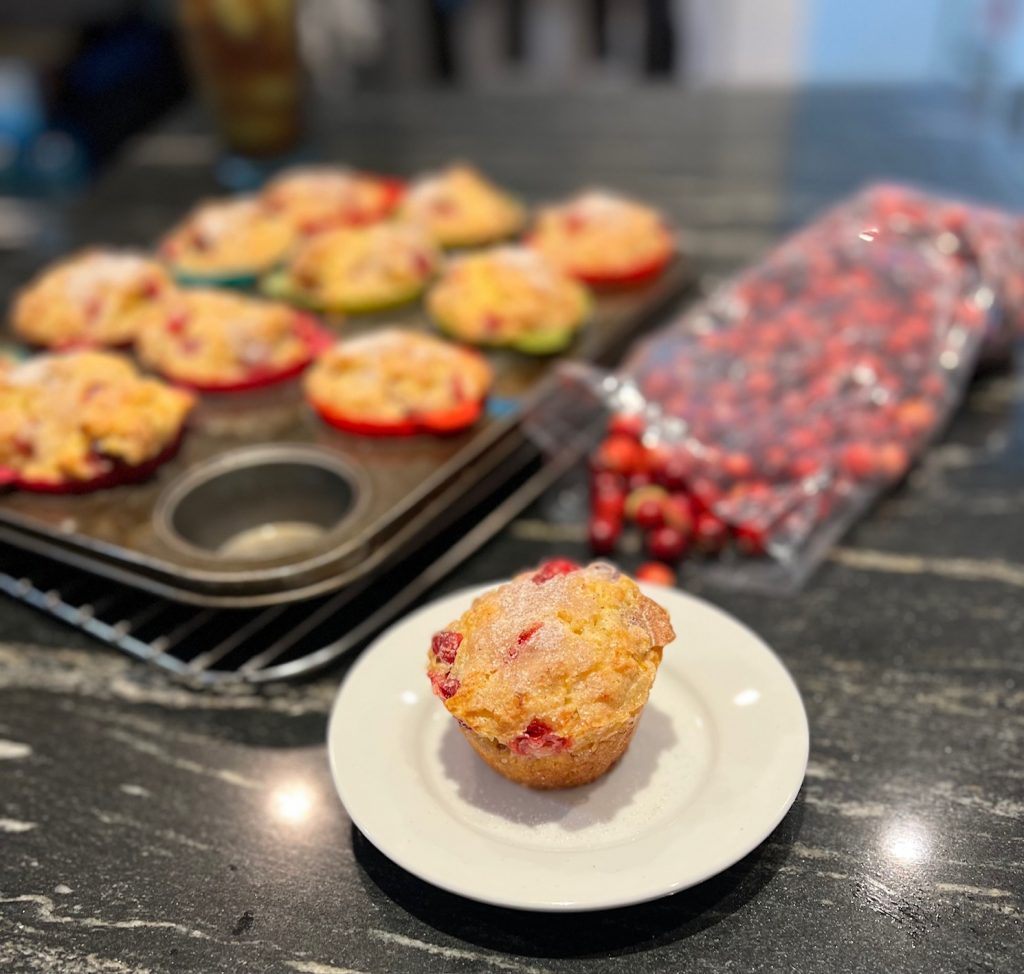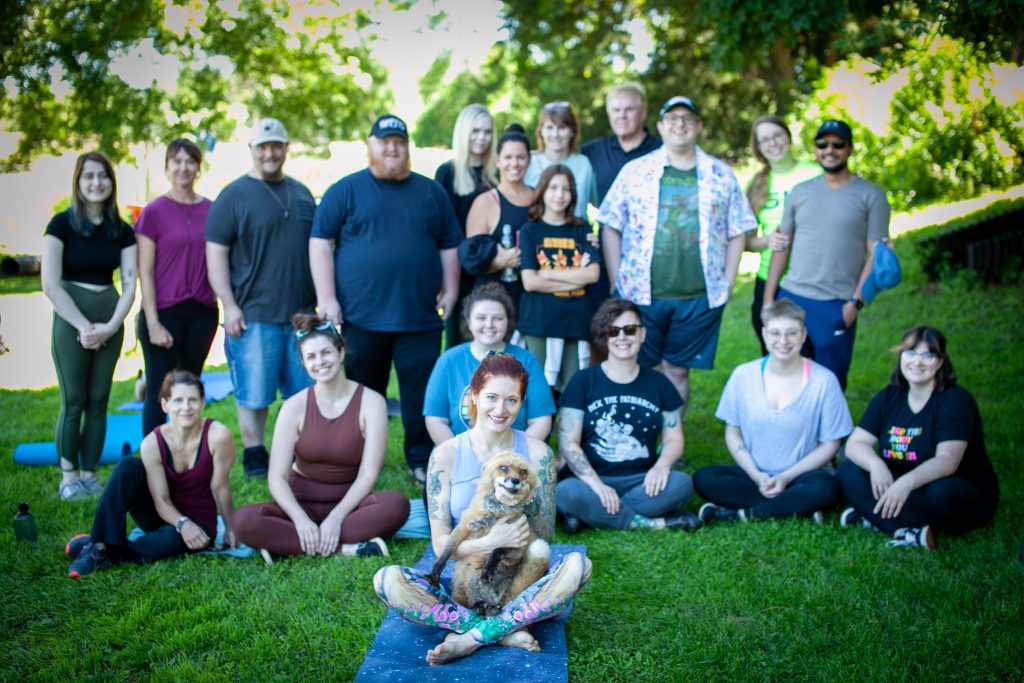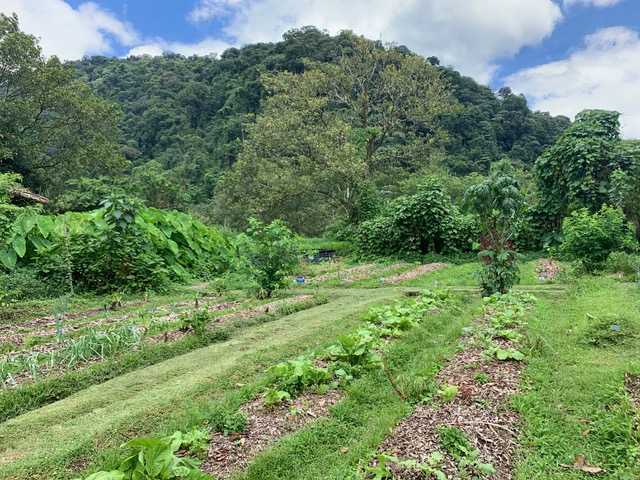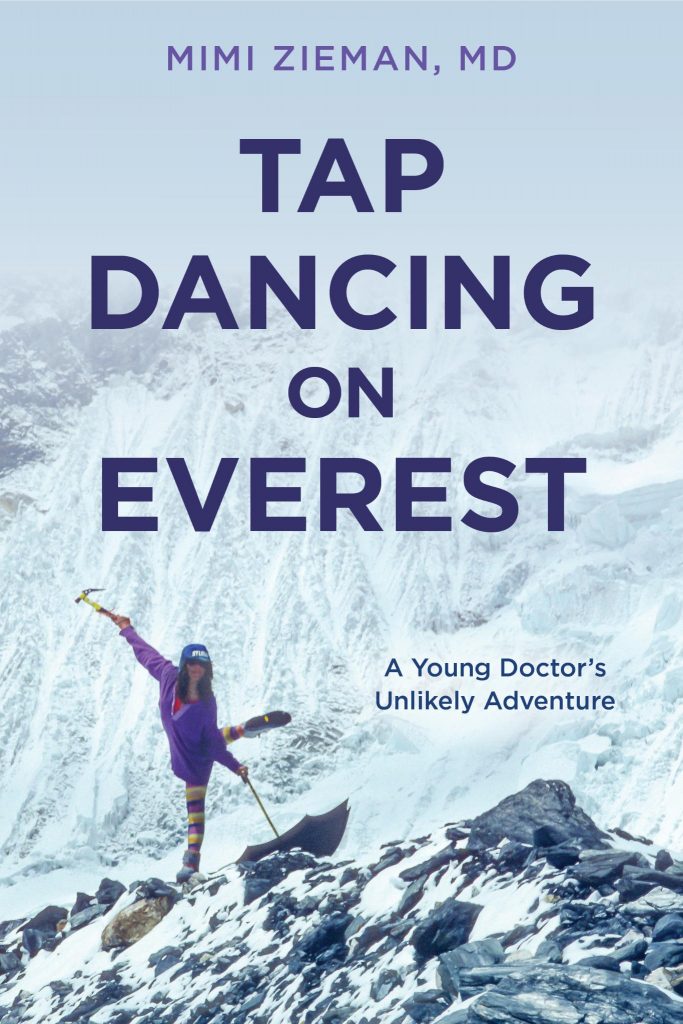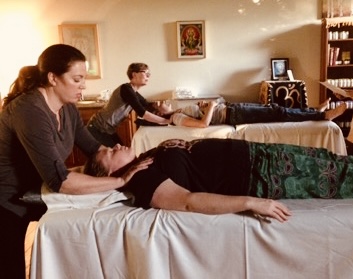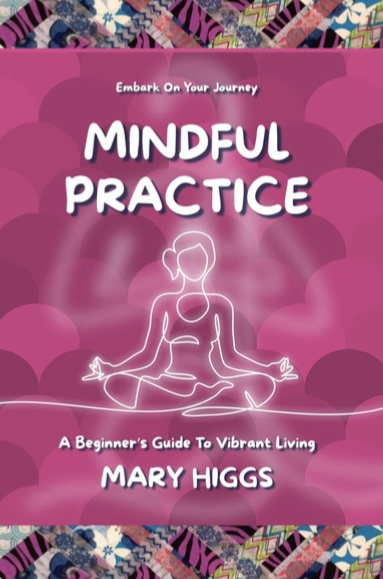We are tired.
We are tired of doing, stressing, planning, and managing. It feels like there is no task undone, no obligation unfulfilled, and no time left for us.
What is the solution for this culturally given life of overwhelm, stress, and anxiety?
Self-care, of course. But not the self-care we think of from Instagram. Not the spa days, chocolates, bubble baths, and champagne girls’ weekends we are told are self-care. Think real, practical, life sustaining self-care.
This is how we start Self-Care 2.0.
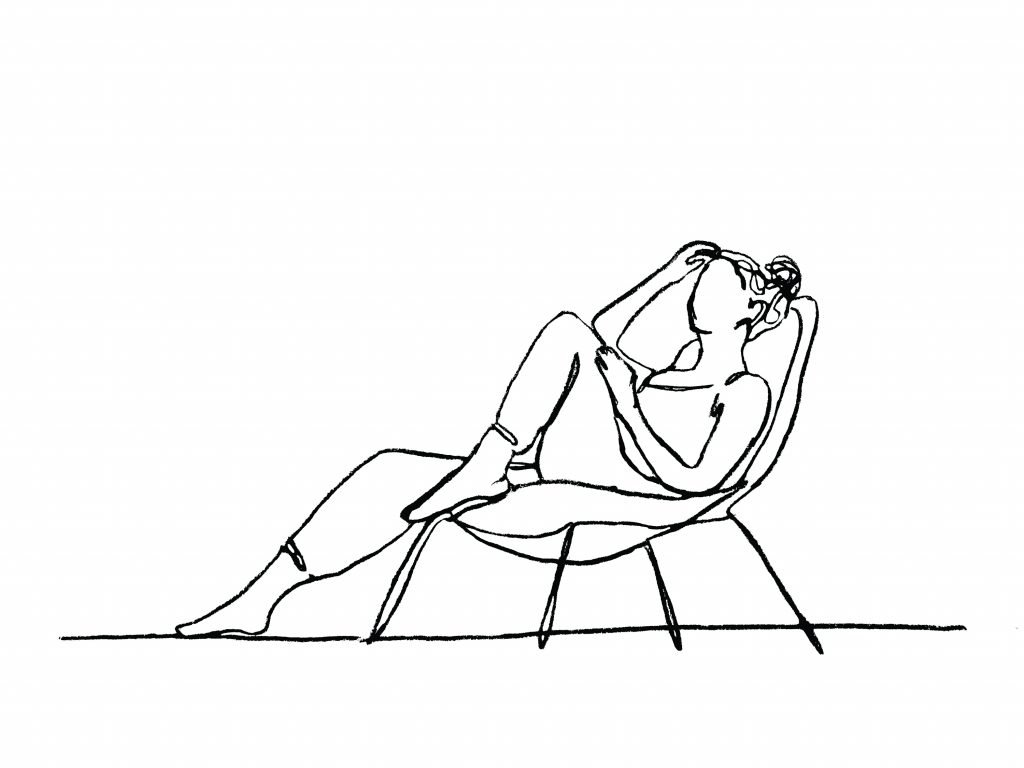
Throughout the decades, the original version of self-care became a commoditized hybrid of the practices taught by medical practitioners, revolutionaries, and academics. But this version of self-care isn’t working for us anymore. We are increasingly told to spend more money and do more things to “fill our cup”.
We will start with the most crucial factor in deciding what you are going to do for yourself – time. How much time do you have? A breath? A moment? A break?
Let’s break each one down separately.
Do you only have time for a couple of breaths to get yourself together? Then take some and make those breaths skillful. The easiest breath I found is what I call “ugly sighing”. Take a big breath in and exhale loudly through your mouth. Pretend you are at a boring lecture and be loud about it. Repeat three times. Note how you feel.
Maybe you’ve got only a moment, which is between two and ten minutes. How do you decide what to do? This is where we front-load some ideas to make deciding in the moment a lot easier. Make a list of 20 items you can do that take between two and ten minutes and allow you to dial down your brain and feel satisfied. These can be anything from holding a mini dance party in your kitchen, to spending time with a pet, to vacuuming the floor. The only conditions: can you do it on brain autopilot? Does it make you feel at ease?
After you’ve listed 20 activities, leave it somewhere obvious so whenever you need to take a moment you can go to the list and pick an activity that sounds fun. Making a list when you feel at ease is crucial for your self-care success. Too often we get caught up in a cycle of knowing we need to do something for ourselves but feeling too mentally overwhelmed to decide what to do. We then end up not choosing or choosing something that doesn’t help us feel better. This thought work ahead of time helps us make better decisions when we really need it.
A note before we head to breaks. I challenge you to consider all care activities neutral. If you like to scroll TikTok and eat chips because that makes you feel better, please put that on your list. The list technique works best when everything you put on your list comes from a neutral state. I, for one, love a good cup of hot chocolate. I also dislike writing emails. The two together feel a lot like self-care to me. I am not going to judge me so please don’t judge you for choosing something that regulates your nervous system and helps you get through a day.
With that in mind, let’s slide into taking a break. A break lasts 30+ minutes. To figure out what to do, make another list. This time make a list of 50 things you can do to take a break. I encourage you to make this a free writing exercise; sit down and rapid-fire out the list. Don’t worry if activities repeat, just sit down, and make a list of 50 things you can do for your own care and wellbeing. This could be a massage but could also be a walk in the park – which costs significantly less. It could be calling a friend. It could also be making a spreadsheet of your finances because financial care is now and always was self-care.
Think less about spending money on expensive trips or spa weekends and more about what you could be doing that you enjoy or will nourish you in some small way. I love a bookstore, and even if books aren’t in my budget, I will snag a chai and hang out. It makes me feel more at ease and feels like I am taking care of myself. That’s the point of skillful self-care, to fill our own cup. Now you could always drink in one big gulp, but it is more sustainable to take one skillful sip at a time.
That is truly revolutionary, and truly self-care 2.0.
A long-time yoga teacher and 11-year yoga therapist, Rebecca Sebastian co-founded a yoga non-profit called The Quad Cities Yoga Foundation. She owns an accessible and inclusivity-focused yoga studio and apothecary in Davenport, Iowa, called Sunlight Yoga + Apothecary, and hosts the podcast Working In Yoga. A passionate writer on yoga, Rebecca participates and loves all things related to yoga and the yoga industry. She believes through writing and communication we can all lift each other up and share what lights us up with the world. If you want to get nerdy about the yoga and wellness industry, chat about the best tea blends, and deconstruct everything we thought we knew, she is your human.


